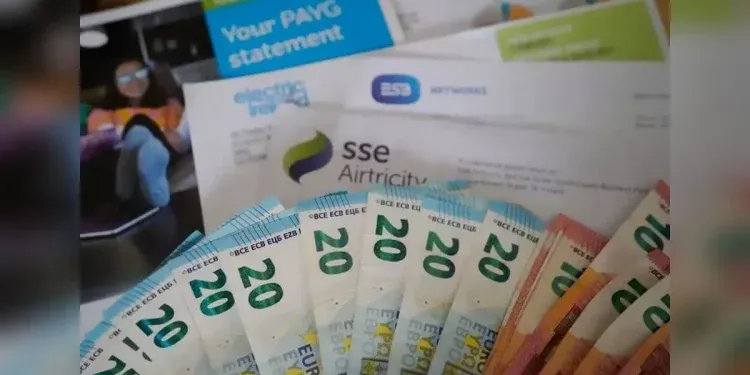The Irish government has approved a further six-month extension of the reduced 9% VAT rate on gas and electricity. This decision aims to alleviate the financial burden on households and businesses facing rising energy costs.
The 9% VAT rate, which was initially set to revert to 13.5% from 1 May 2025, will now remain in place until 31 October 2025. This extension is part of the government’s ongoing efforts to mitigate the impact of the energy crisis on the cost of living. The reduced rate was first applied on 1 May 2022, following an amendment to Annex III of the VAT Directive, which allowed gas and electricity to be included in the reduced rates category.
The estimated cost of this extension is €85 million. The net benefit to households from 1 May to 31 October is approximately €26.60 for electricity and €20.28 for gas. Minister for Finance Paschal Donohoe emphasised that the extension aligns with the commitments made in the Programme for Government to address increased energy cost pressures.
Minister Donohoe stated, “The Programme for Government acknowledges the increased energy cost pressures on households and businesses, and this extension of the reduced 9% rate is in line with the commitments made in our Programme to mitigate these pressures in whatever way we can.” He also noted that energy prices are beginning to rise again, making it appropriate to extend the existing support.
A Financial Resolution will be brought to the Dáil on 2 April 2025 to provide the necessary legal basis for this extension. The government has not yet made a decision on any further extensions, which will be considered as part of the normal budget process.
The temporary VAT reduction to 9% for gas and electricity was one of the government’s responses to the energy crisis. It aims to help contain energy costs and support households and businesses during challenging times. The extension is expected to provide continued relief as energy prices fluctuate.
As the energy crisis continues, this measure will help alleviate some of the financial pressures and ensure that essential energy services remain affordable.






